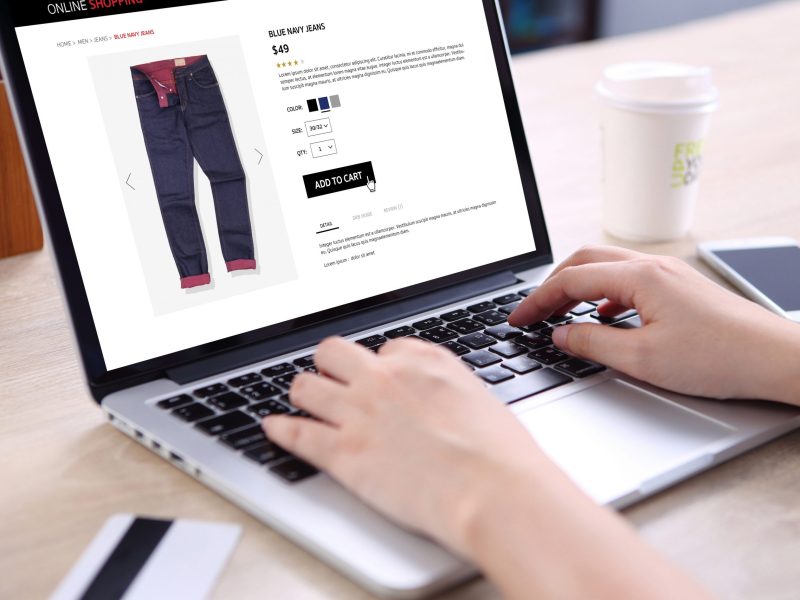Emails are a regular part of the life of anyone who’s ever been online, and they make up an essential component of many businesses’ marketing strategy.
Email marketing has the potential of helping businesses improve their ROI by getting personalised messages straight into their target audience’s inbox. However, Australia has some strict rules regarding how and even who can send these digital messages.
You might also be interested in WHAT TYPES OF QUERIES ARE CLASSIFIED IN SEO?
The Australian Spam Act of 2003
Spam or junk mail refers to unsolicited mail you receive in your digital inbox. And according to the Australian Spam Act of 2003, spam mail is illegal.
For businesses to continue this section of their digital marketing strategy, you must abide by a few strict rules:
- Recipients must consent to get emails from your business
- Businesses must provide their contact information
- The mail must include a working unsubscribe link
This anti-spam law may also affect a business’s digital marketing ventures, especially if you do not abide by these regulations. Here’s a quick breakdown of how to approach sending commercial emails to your audience to ensure you’re not breaking any marketing laws:
Providing Identification

The Australian anti-spam laws require businesses to provide:
- The legal business name
- The ABN, if applicable
- Contact information such as website, phone number, email address, and physical address.
But where should this information be, the subject line? While it does need to be visible, you can easily add it to the footer of the email template. Additionally, the law stipulates the information must be accurate for at least 30 days after the message is sent.
A Working Unsubscribe Link
An important detail to remember is that you have to give your audience the option of easily unsubscribe to be compliant with the anti-spam law of 2003. The link must be:
- Visible, easily accessed
- Lead to a simple process, so if users request to unsubscribe, you cannot make the process difficult as a way to deter them from doing so
- Lead to the users being removed from your email list within five business days.
Ensuring You Have Consent
There are two types of consent users can give:
- Express consent
- Inferred consent
Express consent is when the user directly says they want to be receiving emails from your business, such as when they are entering their email to sign up for a service you provide and accept your terms and conditions. Another example is when a user signs up for your newsletter.
In these cases, the user is explicitly giving you permission to send them emails, commercial or otherwise. Inferred consent, on the other hand, is a bit more complex. It is not the explicit expression of consent, but a reasonable conclusion based on the actions or interactions of the user and your business.
For instance, if someone provides you with their email address after they purchased your product, and there is a reasonable expectation for follow-up communication, that can be taken as inferred consent, and you can therefore email this person to give them an update regarding their order. You cannot, however, add them to your email addresses list and start sending commercial emails based on this interaction alone.
How Can You Get Consent?
The practice of purchasing email lists used to be a lot more prominent, which is why the spamming levels were so problematic. These days, however, businesses have gotten a lot better at building their own email lists from scratch, and getting expressed consent through different means:
- Lead generation ads
- Social media posts
- Event participation forms
- Account sign-up forms, etc.
The easiest way to get consumer content for commercial emails is to ask and present them with a powerful reason for them to give you their email. Consumers are happy to receive such messages if they know they are getting something valuable in return.
For example, a common incentive is to offer them a discount code if they sign up for your mailing list. This can serve as a strong encouragement for a customer to happily offer you their email address and instantly get something in return.
Optimise Your Email Marketing Efforts with Australian Internet Advertising
Australian Internet Advertising is happy to support Australian businesses reach their goals through smart and creative digital marketing approaches, including out-of-the-box and legally-compliant email campaigns! Not just that, but we are uniquely qualified to support most of your digital marketing efforts.
If you want to work with us or learn more about our services, reach out to our team online, or call us directly at 1300 304 640




